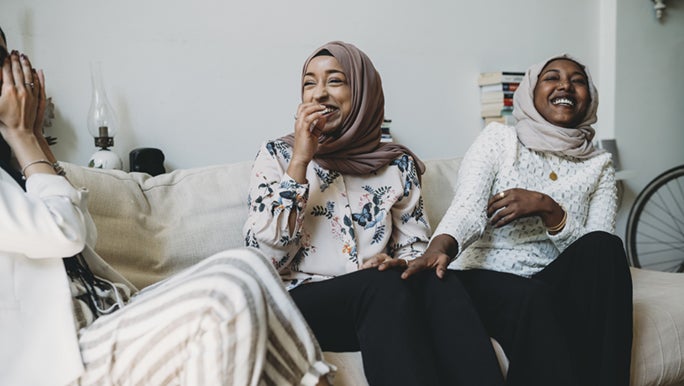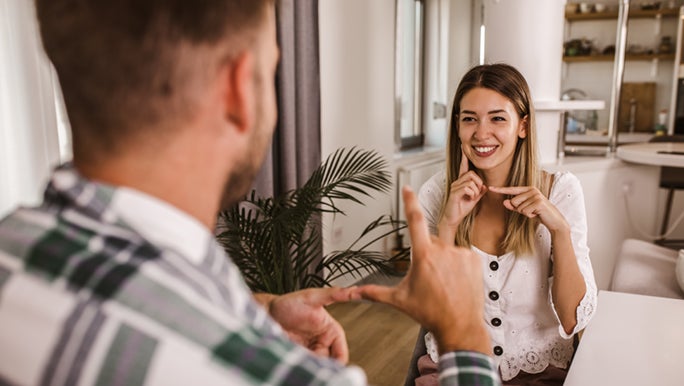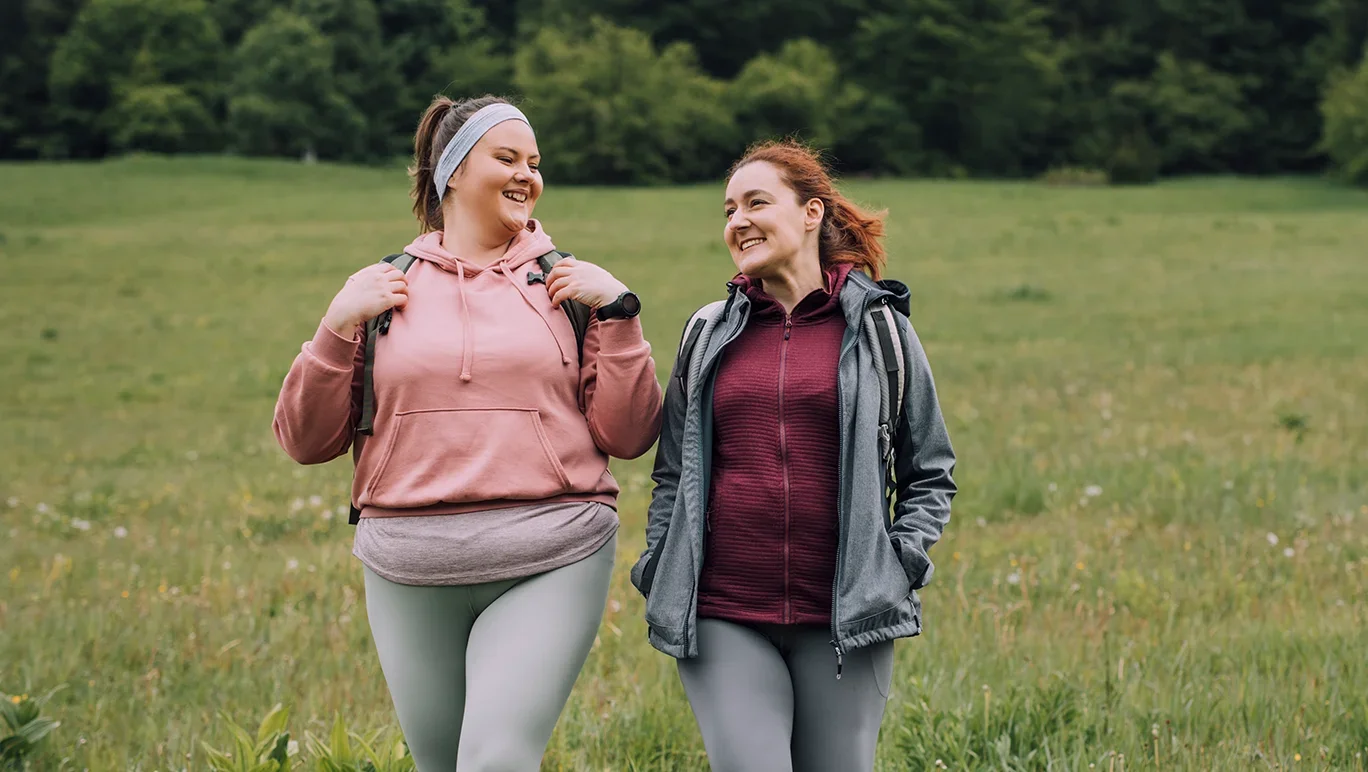When life gets busy with work or family, it’s all-too-easy to find yourself neglecting your friends. Perhaps you even catch yourself thinking that you’re completely unable to maintain any friendships.
Sometimes, you might notice you’re actively missing all your friends. Other times, you’ll get so caught up in day-to-day life that you look up and realise months have gone by since you last spoke to someone.
Either way, positive, supportive relationships are essential for a balanced life. So we asked Consultant Psychologist Dr Bec Jackson to share her top 7 tips and suggestions for building and maintaining lasting friendships when you’re busy.
Why friendships are so important
Building healthy friendships is a vital aspect of creating a happy life. Dr Bec explains that, “social connections and bonds account for 50% of your mental health and wellbeing. That makes staying connected with your social network essential.”
Dr Bec adds that strong female friendships can also provide support when you come up against work-related problems. Sometimes you need to talk about career or business issues with someone who’s completely outside of the situation.
The same might also be true if you’re having communication or other issues (for example, low libido) in your romantic relationship. Yes, speaking to a health professional is a must for some issues – but other times, all you really need is a friendly, non-judgemental ear to figure things out for yourself.

Social connections and bonds account for 50% of your mental health and wellbeing.
Activities to strengthen existing friendships
Especially with all the uncertainty and stress of the past couple of years, many of us have found friendships increasingly hard to maintain. But Dr Bec has a few recommendations for reconnecting with friends to rekindle your relationship with them, including:
- Text or message them on social media: send them a quick message to ask how they’re going and what’s happening in their lives.
- Share something from your life: send a few photos via email or social media about what you’ve been up to, and tell them you’d love to see some of theirs.
- Remind them of a shared post: tag them in a photo from a shared post with a message reminiscing about the fun you had together.
- Ask them to help you solve a small problem: people love to feel helpful. Even if they can’t help you with your breastfeeding troubles or your demanding boss, helping you choose a new handbag will boost their self-esteem.
- Make a quick phone call: hearing each other’s voices will be a mood booster for both of you.
- Jump on a video call: even if it’s just for ten minutes, seeing each other’s faces further increases the sense of connection.
- Send them a card: very few of us get snail mail these days, so a heartfelt card is a thoughtful surprise. They’ll appreciate the extra effort you made.
Finally, you might like to pay some attention and figure out what their love language is. This can give you a sense of other ways to communicate with them that will make them feel appreciated.

Positive, supportive relationships are essential for a balanced life.
How to build new friendships as an adult
If you find yourself in a situation where you need to make new friends – not just rekindle old relationships - don’t stress. Dr Bec has a few suggestions that might help you here too:
- Sign up for a class: many organisations offer online classes, so even if you can’t get out to any in-person events, you can study and connect with others virtually.
- Volunteer for something you believe in: most non-profits struggle to get people involved, and joining an organisation that’s creating change can allow you to meet other like-minded people.
- Organise an event yourself: if you enjoy a particular hobby, why not connect online with other people who love it too, and then organise a meetup (virtually or in person) with some of them?
- Ask someone for help: we talked about this under the ‘maintaining friendships’ section too, but asking for help can work just as well with someone who isn’t currently a friend.
How to say no without feeling bad
When you're trying to build and maintain friendships, it can be difficult to say no. You might not want to upset your friends, hurt their feelings or create conflict in your relationship. But while saying yes when you don’t want to might help you to avoid any short-term awkward moments, it could take a long-term toll on your wellbeing.
The first part of saying no comfortably is not feeling guilty about saying it in the first place. We all have our own lives with plenty going on. Just because someone needs help, that doesn’t mean you have to provide it if you don’t have the time or ability.
And knowing whether you genuinely have time means understanding your own needs and how to prioritise tasks. This ensures you know exactly what’s going on in your life and your capacity to take on anything extra.
Make sure you include keeping any self-care appointments as part of your needs. These are just as important as any other arrangements and should not be easily cancelled.
For some people, a bold NO is very hard to say.
Don’t feel that you have to justify your ‘no’, but realise that knowing how to say it politely might help you to say it more often.
Try phrases like:
- “Thanks so much for asking, but I can’t fit that in at the moment.”
- “I love that you thought of me, but my diary’s completely booked up.”
- “That sounds great. Unfortunately, it’s just not possible at the moment.
Dr Bec adds that when she feels overwhelmed, she asks herself, “What do I want to be spending my time on?” This helps her to prioritise and makes saying no to some things easier.
Don’t be afraid to reach out for help
If you struggle to build or maintain friendships despite the tips above, it could be worth seeking professional guidance. A trained counsellor or psychologist may be able to offer suggestions that are specifically tailored to your personal situation.
Related:
Dr Bec Jackson is a Consultant Psychologist with 20 years’ experience across clinical psychology, academia, therapy and education in clinical, forensic and organisational psychology.
First reviewed by the healthylife Advisory Board June 2021
Updated Jul7 2022


